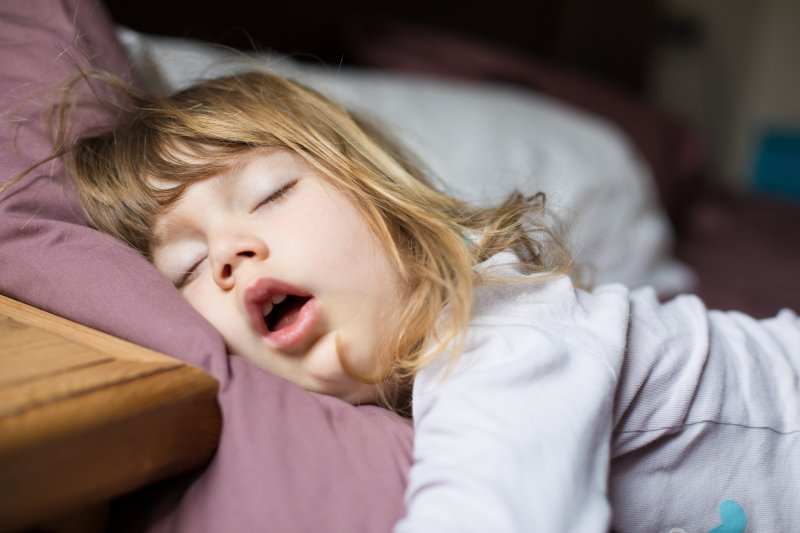
Have you noticed your child snoring loudly at night? Do they tend to act up at school or fall asleep in the middle of the day? It could be that they’re suffering from sleep apnea; this disorder mainly affects adults, but children can develop it as well, and the impact on their overall health is no less devastating. It’s essential to recognize potential sleep apnea as early as possible so you can know whether you need to seek treatment through HealthyStart™ in Casper or other means. Read on to learn more about the warning signs of childhood sleep apnea and why it needs to be caught as soon as possible.
What Does It Mean When Your Child Has Sleep Apnea?
A person with sleep apnea will stop breathing repeatedly during the night. This is occasionally due to a failure of the brain to regulate breathing, but more often than not, it’s a result of the airway becoming blocked somehow. In children, enlarged tonsils or adenoids tend to greatly increase the risk of airway obstruction that leads to sleep apnea; obesity and anomalies in craniofacial structure are also significant risk factors.
What are the Warning Signs That a Child Has Sleep Apnea?
Each child is different, so they may not all exhibit the exact same symptoms. That said, common warning signs to look out for include:
- Loud snoring that occurs on nightly or near nightly basis
- Audible pauses or stops in breathing (which may cause the child to wake up)
- General restlessness during sleep
- Behavioral problems and irritability during the day
- Frequent headaches, especially in the morning
- Daytime drowsiness that often leads to them falling asleep or daydreaming
- Regularly breathing through their mouth
What Happens if Your Child’s Sleep Apnea isn’t Treated?
Behavioral problems such as hyperactivity and a lack of focus will continue if sleep apnea isn’t treated, leading to issues in your child’s school life. Of course, the biggest threat sleep apnea poses is to your little one’s health. Without quality sleep, your child is more likely to gain weight, and as they get older they may suffer from severe health problems; for example, they will be at a much higher risk for heart attacks and strokes.
What Can Be Done About Sleep Apnea?
After sleep apnea has been diagnosed, a children’s dentist in Casper can help you explore options for treatment. HealthyStart™ is often a good choice for younger patients. The treatment consists of a system of oral appliances that reposition the tongue, teeth, and jaw in a way that keeps the airways open and clear. Not only does this help relieve sleep apnea symptoms, but it also helps the mouth develop properly as your child grows; this can reduce the need for orthodontic treatment later.
You should never take a chance on ignoring sleep apnea; as soon as you have a reason to suspect that your child has the condition, you should contact your child’s doctor. Acting quickly makes it more likely that you and your child will be able to enjoy a healthier, less stressful life again.
About the Author
Dr. Erin M. Prach opened her practice in September of 2015. After her graduation from the University of Colorado’s School of Dental Medicine, she furthered her education and developed her skills to help patients of all ages improve their oral and overall health. She is proud to offer the HealthyStart system for younger patients suffering from sleep apnea. If you think your little one has a sleep disorder and want to schedule an appointment, visit her website or call (307) 337-4770.
